Keynote Speaker
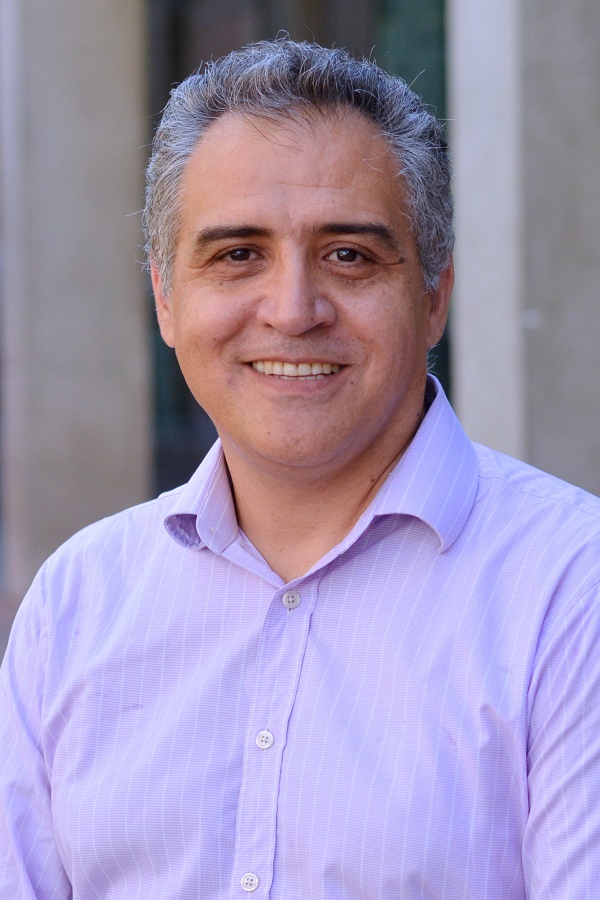
Nael B. Abu-Ghazaleh, University of California, Riverside, USA
Title: Security and Privacy for Extended Reality Systems: Attacks and threat models
Abstract: AR/VR devices promise a new era of immersive computing, where our everyday experience is augmented with helpful information (Augmented Reality), or where we are immersed in fully virtual worlds (Virtual Reality). These systems fuse the physical world, and the virtual world, through computing resources to provide these immersive experiences rendered on the user’s headset. As a result, it allows new opportunities for attackers to compromise the security and privacy of users that are not well understood. Towards understanding the security and privacy challenges in these systems, this talk presents a number of recent attacks we developed on AR/VR systems. One threat model exploits the shared computing resources used by multiple applications on a headset to extract information through side channels; we show attacks that spy on user activity or compromise privacy. Another threat model exploits the shared state among multiple users in a multi-user application, allowing malicious users to inject compromised information or to recover information they are not allowed to access. Other threat models include those that interfere with applications and cause the virtual model to become out of sync with the physical world, causing user motion sickness or bypassing safety guardrails. I will conclude with discussion of potential defenses and ways to build more security AR/VR experiences.
Bio: Nael Abu-Ghazaleh is a Professor in the Computer Science and Engineering Department at the University of California, Riverside. His research is in architecture and system security, high-performance computing, and systems and security for Machine Learning. He has published over 250 papers in these areas, several of which have been recognized with best paper awards or nominations. His offensive security research has resulted in the discovery of several new attacks on CPUs and GPUs that have been disclosed to companies including Intel, AMD, ARM, Apple, Microsoft, Google, and Nvidia, and resulted in patches and modifications to products, and coverage from technical news outlets. He is a member of the Micro Hall of Fame, an ACM distinguished member, and an IEEE distinguished speaker.
Keynote Speaker
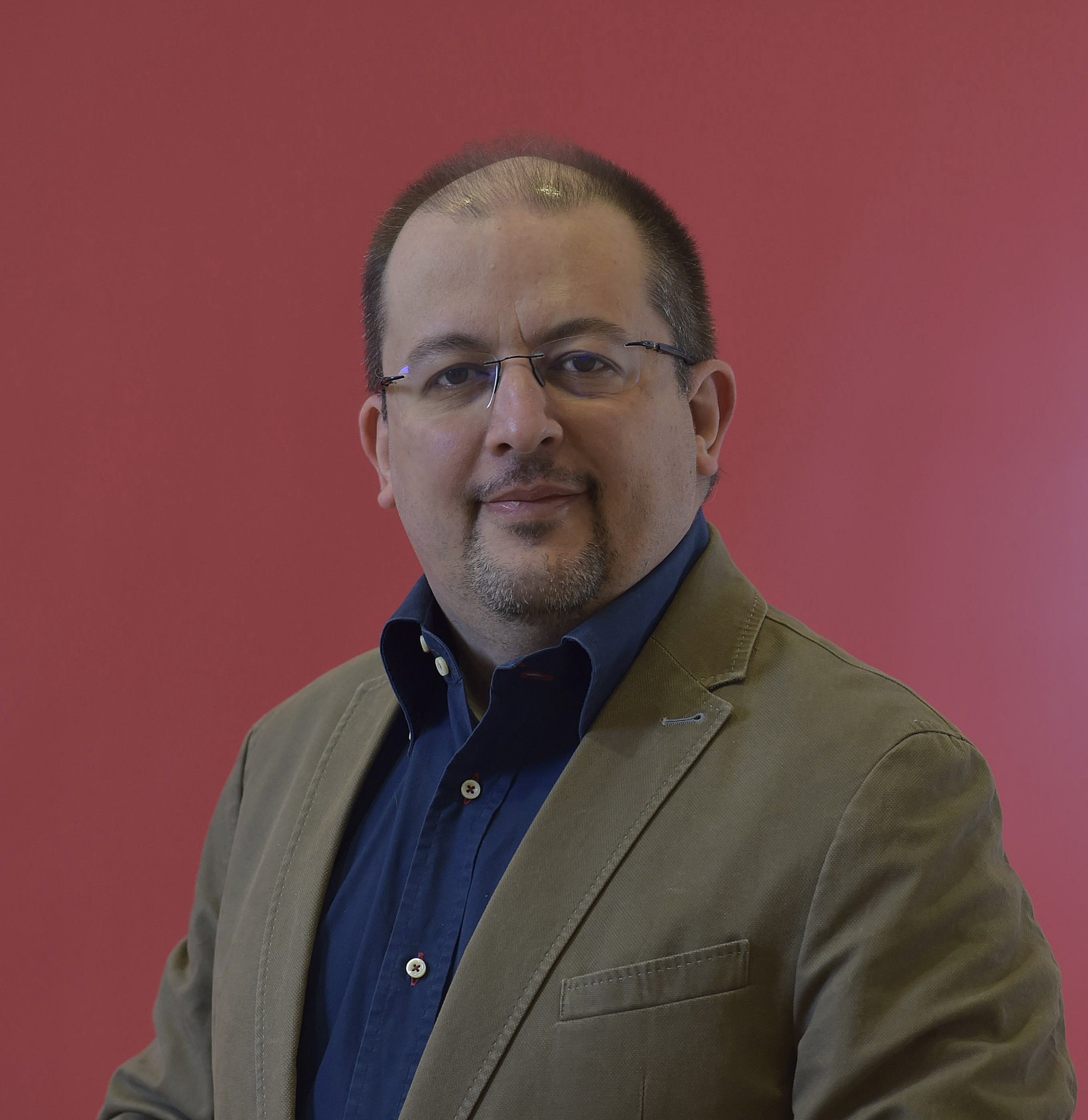
Fabrizio Granelli, University of Trento, Italy
Title: Network Digital Twins: from Theory to Practice
Abstract: The keynote will first introduce the concept of Digital Twin, and then focus on its application to communication networks – leading to the concept of Network Digital Twin. The potential applications of the Network Digital Twin will be described, focusing on the impact on Networked Intelligence, Autonomy, Prediction and overall Network Management and Optimization. In the second half of the speech, specific challenges to design and deploy Network Digital Twins will be analyzed, including synchronization and mutual communication. Finally, standardization efforts in ETSI and 3GPP, and future trends will be reviewed.
Bio: Fabrizio Granelli is Full Professor at the Dept. of Information Engineering and Computer Science (DISI) of the University of Trento (Italy). He received the «Laurea» (M.Sc.) and Ph.D. degree from the University of Genoa, Italy, in 1997 and 2001, respectively. He was visiting professor at the State University of Campinas (Brasil) and at the University of Tokyo (Japan). He was IEEE ComSoc Distinguished Lecturer for the period 2012-15 and 2021-23 (4 terms), ComSoc Director for Online Content in 2016-17, Delegate for Education at DISI in 2015-2017, IEEE ComSoc Director for Educational Services (2018-19) and IEEE ComSoc Director for Conference Development (2022-23). Prof. Granelli was General Chair or TPC Chair of several prestigious IEEE conferences, such as IEEE Globecom, IEEE NFV-SDN, IEEE CAMAD, and chaired several symposia at IEEE ICC and Globecom. He is Founding Chair of the Aerial Communication Emerging Technology Initiative of IEEE Communications Society and Chair of the IEEE P1954 Standard Working Group. He is author or co-author of more than 300 papers published in international journals, books and conferences. He was Associate Editor in Chief of IEEE Communications Surveys and Tutorials (2017-2022), and Senior Editor of the IEEE Transactions on Green Communications and Networking.
Keynote Speaker
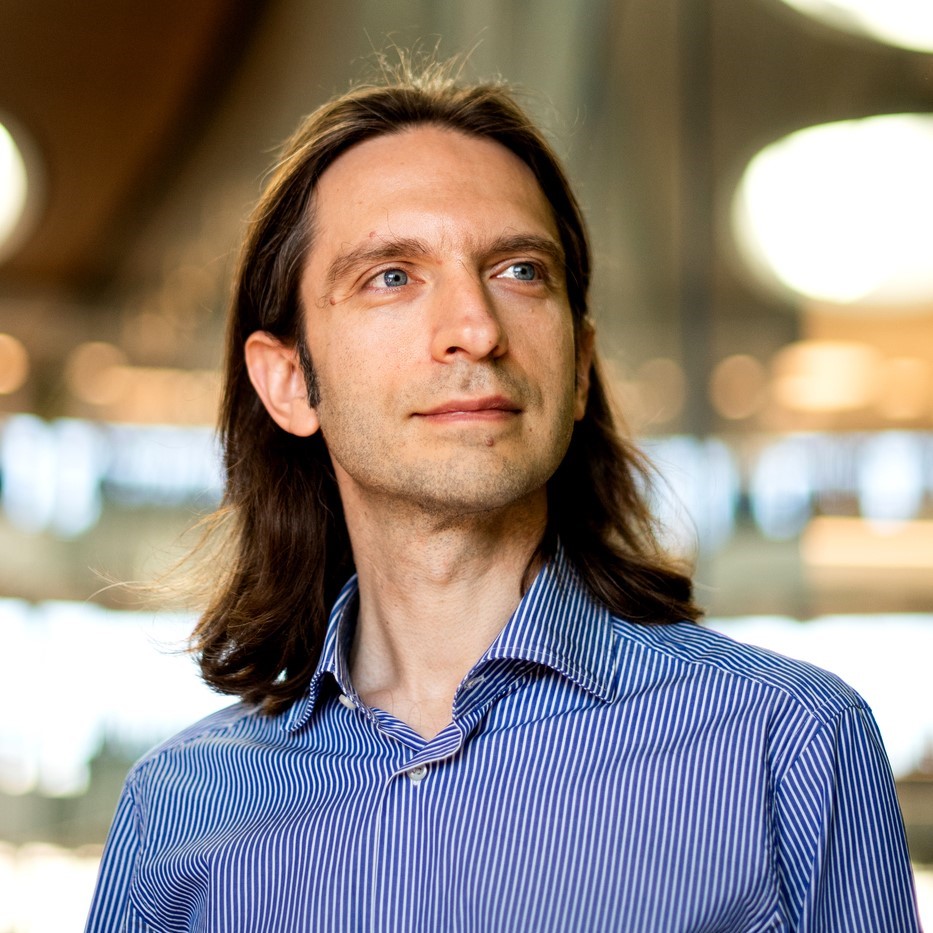
Dimitrios Koutsonikolas, Northeastern University, USA
Title: Evaluating 5G Performance in the Wild
Abstract: Since its rollout, 5G has promised unprecedented data rates and ultra-low latency, with the potential to finally enable the next generation of bandwidth-intensive and latency-critical applications such as AR/VR, panoramic video streaming, cloud gaming, and connected autonomous vehicles, often dubbed as 5G “killer apps”. Yet, realizing this promise in practice has proven challenging. The use of higher frequency bands, while ensuring higher throughput, comes at the cost of reduced range and greater susceptibility to performance fluctuations. Moreover, the introduction of multiple frequency bands, the coexistence with LTE, and the availability of different deployment modes (Non-Standalone and Standalone 5G) have made the cellular ecosystem increasingly complex. While testbeds offer valuable insights, they often fail to capture the full range of real-world scenarios, as different network operators implement unique policies and configurations that are difficult to replicate in controlled environments.
In this talk, I will present our research efforts over the past four years to obtain a detailed understanding of the performance of today’s 5G networks and their potential to support 5G “killer apps”, track their evolution, and demystify operator policies, via a series of large-scale measurement campaigns in more than a dozen US cities and through four cross-country road trips spanning a total of 15,000+ km. The talk will present the evolution of coverage and performance of 5G over the past 4 years, offer insights into 5G SA deployments, resource allocation, beam management, and handovers, and discuss open challenges
Bio: Dimitrios Koutsonikolas received his Ph.D. in Electrical and Computer Engineering from Purdue University in August 2010 and worked as a Postdoctoral Researcher in the same department from September to December 2010. He is currently an Associate Professor in the Electrical and Computer Engineering Department at Northeastern University and a member of the Institute for the Wireless Internet of Things. Dimitrios’ research interests are broadly in experimental wireless networking and mobile computing, with a current focus on 5G and Beyond networks and applications. He received an IEEE Region 1 Technological Innovation (Academic) Award in 2019, the UB Teaching Innovation Award in 2018, the UB School of Engineering and Applied Sciences Senior Teacher of the Year Award in 2017 and the Early Career Researcher of the Year Award in 2015, the NSF CAREER Award in 2016, Best Paper Awards in IEEE GLOBECOM 2023, ACM WiNTECH 2022, ACM mmNets 2019, IEEE WCNC 2017, and SENSORCOMM 2007, and a Best Dataset Award in PAM 2021. He has served as general chair for IEEE LANMAN 2024, IEEE WoWMoM 2023, and ACM EWSN 2018, and as TPC chair for IEEE ICNP 2026, IEEE LANMAN 2023, IEEE HPSR 2023, IEEE DCOSS 2022, IEEE WoWMoM 2021, and IFIP Networking 2021. He will be serving as Editor-in-Chief for IEEE Transactions on Mobile Computing starting in January 2026. He is a Senior Member of the IEEE, a Distinguished Member the ACM, and a Member of USENIX.
Keynote Speaker
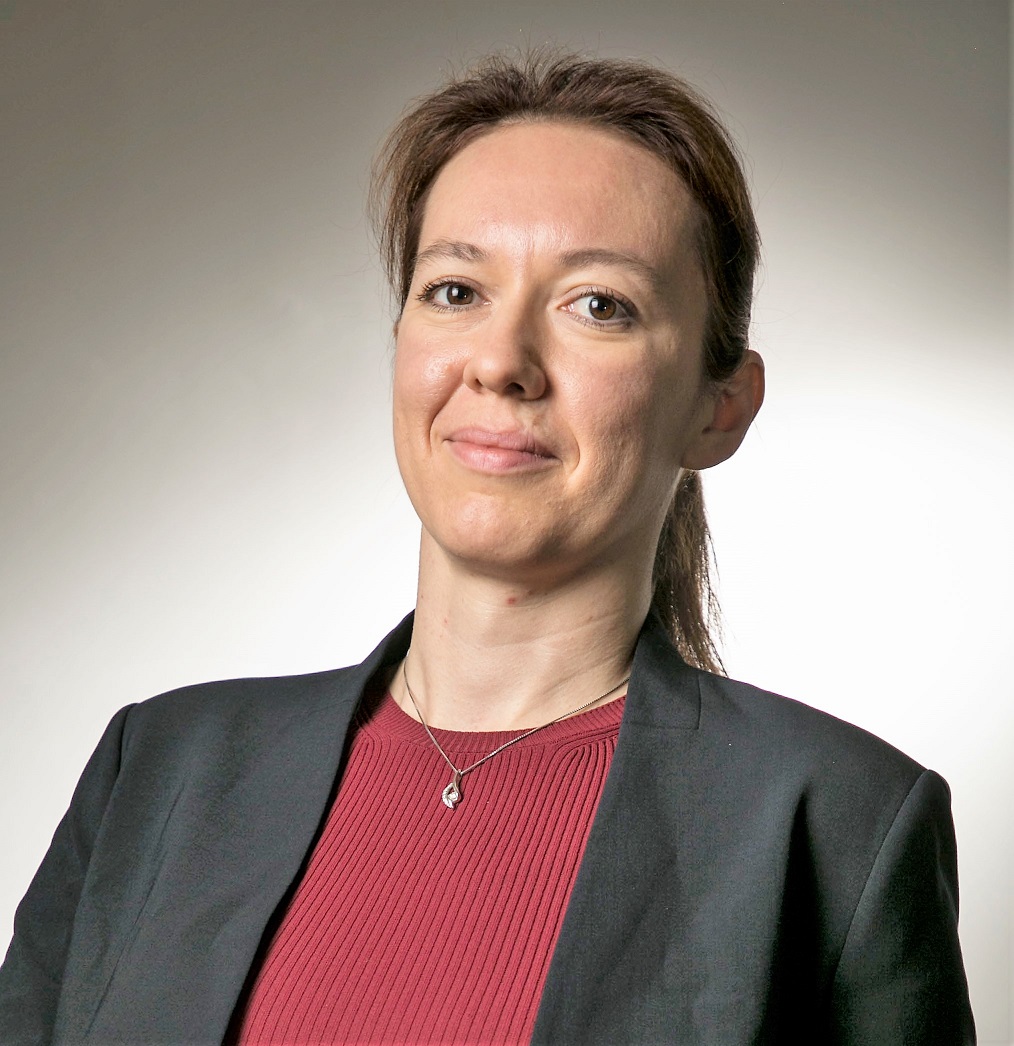
Maria Gorlatova, Duke University, USA
Title: Possible at Last: Using Vision-Language Models to Evaluate and Secure Mixed Reality Experiences
Abstract: Modern mixed and augmented reality (MR/AR) experiences can perform below expectations, or even pose security risks, when deployed in unknown real-world environments: for instance, virtual content may appear misaligned with respect to the real world, or may block user’s view of important real-world objects. Fortunately, modern vision language models, such as GPT-5.2 and Claude Opus 4.5, have sufficiently powerful real world understanding capabilities to enable AR/MR experience quality monitoring and evaluation, and can be coupled with fast-acting edge computing based mechanisms to allow rapid responses to cases where improperly positioned AR/MR content may significantly affect user performance or endanger the user. This talk describes our recently developed VLM-based approach to AR/MR experience quality evaluation and showcases an implementation of this approach that ensures that AR/MR virtual content does not block user’s view of important real-world objects. The talk is based on research that is funded by the NSF AI Institute for Edge Computing Leveraging Next Generation Networks and by a DARPA Young Faculty Award.
Bio: Dr. Maria Gorlatova is an Associate Professor of Electrical and Computer Engineering at Duke University, located in the Research Triangle Area in North Carolina, USA. Dr. Gorlatova’s research is in emerging pervasive technologies, with a focus on next-generation augmented reality and the Internet of Things. She received her Ph.D. in Electrical Engineering from Columbia University, and her M.Sc. and B.Sc. degrees in Electrical Engineering from University of Ottawa, Canada. She spent two years at Princeton University Electrical Engineering Department as an Associate Research Scholar and an Associate Director of the Princeton University EDGE Lab. Recently Dr. Gorlatova served as the general co-chair of the 2025 NSF Workshop on Networking and Systems Challenges in Immersive Computing and the TPC Co-chair of ACM SenSys 2025.
Keynote Speaker
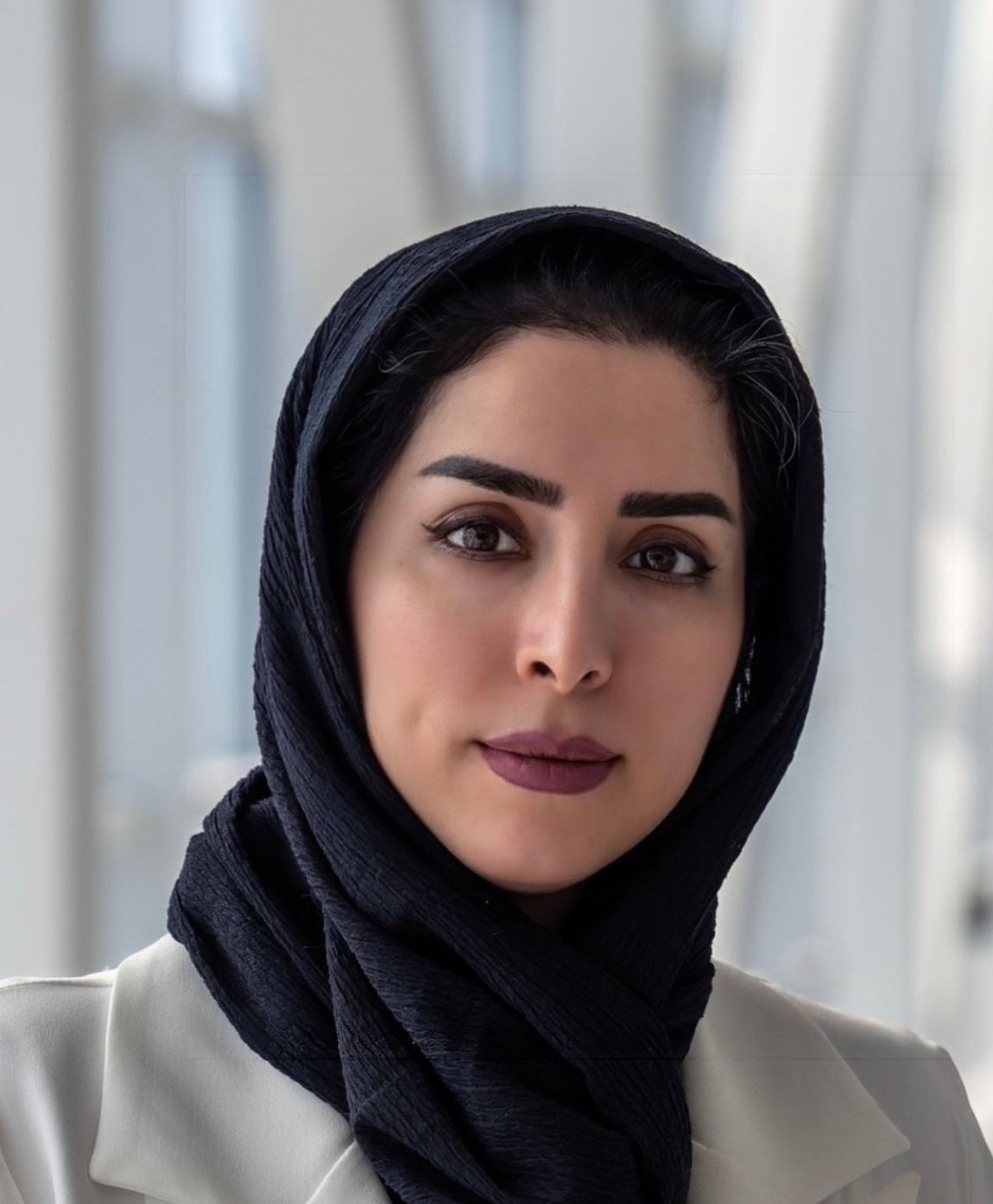
Hadis Karimipour, University of Calgary, Canada
Title: TBD
Abstract: TBD
Bio: Dr. Hadis Karimipour is the Canada Research Chair (Tier II), Director of the Smart Cyber-Physical (SCPS) Lab, and an Associate Professor in the Department of Electrical and Software Engineering at the University of Calgary. She is a leading pioneer in applying Artificial Intelligence (AI) to enhance the security of critical infrastructure and Operational Technology (OT). Over the past seven years, her extensive body of work includes over 135 peer-reviewed journal articles, conference papers, and book chapters, with more than 7000 citations on Google Scholar, which puts her among the top 2% of globally cited researchers according to the Stanford ranking. She recievd amny awards including the Top 20 Women in Cyber Security by IT World Canada, IEEE Communication Society Early Achievement Award, APEGA Early Accomplishment Award , and Avenue Magazine’s Top 40 Under 40, to name afew. She also received the Canada’s Most Powerful Women: Top 100 Award, which celebrate female trailblazers who break barriers, redefine leadership, and make a transformational difference for all.
Keynote Speaker

Israat Haque, Dalhousie University, Canada
Title: In-Network and Hardware-Accelerated Security for Modern Networks
Abstract: The rapid proliferation of IoT devices, programmable networks, and hardware accelerators is fundamentally reshaping how security is designed, deployed, and enforced. While these technologies enable unprecedented scale and performance, they also introduce challenges that traditional host- and middlebox-based defenses can no longer address. This keynote presents a vision for network-native, hardware-accelerated security, where protection mechanisms are embedded directly into programmable switches and SmartNICs. We show how in-network processing enables real-time capabilities such as IoT device identification, interception of lateral movement, and early rejection of malicious traffic without end-host cooperation or added latency. We also discuss how post-quantum cryptographic signature schemes can be efficiently supported through hardware offloading, making quantum-resilient security practical in high-throughput environments. These insights together point toward a future where security is a first-class capability of the network fabric, scaling to both today’s threats and tomorrow’s quantum-era adversaries.
Bio: Dr. Israat Haque is an associate professor in the Faculty of Computer Science at Dalhousie University, Halifax, where she leads the Programmable and Intelligent Networking (PINet) research group. PINet members specialize in developing cutting-edge, high-performance, secure, and dependable distributed and emerging networking systems, with a specific focus on Software-Defined Networking (SDN), Internet of Things (IoT), and 5G/6G technologies. She is also interested in applying data-driven approaches (AI/ML/RL) to solve practical and relevant problems. She received her Ph.D. degree from the Department of Computing Science at the University of Alberta. Subsequently, she held an NSERC post-doctoral position at the Department of Computer Science and Engineering at the University of California, Riverside, before joining Dalhousie University. She regularly gets involved in the organizing committee of IEEE ICNP, IEEE CloudNet, IEEE NetSoft, and IFIP Networking. She served as an area editor of the IEEE Transactions on Vehicular Technology and is currently an Editor of the Internet of Things Series of the IEEE Communications Magazine (ComMag). She won the ACM/IEEE N2Women Rising Star Award 2021, Digital Nova Scotia’s Thinking Forward Award 2022, and University of Alberta Alumni Award 2024.
Keynote Speaker
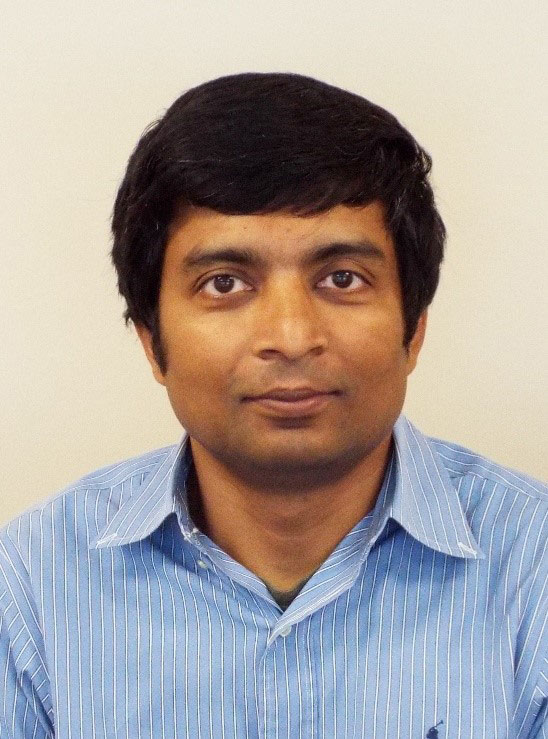
Latifur Khan, University of Texas at Dallas, USA
Title: Generative AI for Social Good, Including Cybersecurity
Abstract: In this presentation, we highlight how generative artificial intelligence and large language models can be applied to major societal challenges:
• Conflict Monitoring: We developed ConfliBERT, a domain-specific language model for analyzing conflict and political violence data. It surpasses general-purpose models in classification and question answering, demonstrating the importance of specialization.
• Cybersecurity: We automated the extraction of cyber attack techniques from Common Vulnerabilities and Exposures reports and Cyber Threat Intelligence reports, mapping them to the MITRE ATT&CK framework. This structured approach enables security analysts to respond more effectively to threats.
• Fairness in Learning from Examples: We introduced JUDGE, a framework for selecting fair and representative examples that improve fairness when large language models make predictions.
• Hallucination Detection: We proposed diversion decoding, a method that challenges generated responses during the decoding process to estimate uncertainty and better detect inaccurate or fabricated content.
This work is supported by NSF, DOT, ARMY, NSA, AFOSR and NASA (in the past). The ConfliBERT project is a collaboration with Dr. Patrick Brandt and Dr. Jennifer Holmes (School of Economic, Political, and Policy Sciences, UT Dallas).
Bio: Dr. Latifur Khan is currently a full Professor (tenured) in the Computer Science department at the University of Texas at Dallas, USA where he has been teaching and conducting research since September 2000. He received his Ph.D. degree in Computer Science from the University of Southern California (USC) in August of 2000. Dr. Khan is a fellow of IEEE, AAAS, IET, BCS, and an ACM Distinguished Scientist. He has received prestigious awards including the IEEE Technical Achievement Award for Intelligence and Security Informatics, IEEE Big Data Security Award, and IBM Faculty Award (research) 2016. Dr. Khan has published over 300 papers in premier journals and prestigious conferences. Currently, Dr. Khan’s research focuses on big data management and analytics, data mining and its application to cyber security, and complex data management including geospatial data and multimedia data. His research has been supported by grants from NSF, NIH, the Air Force Office of Scientific Research (AFOSR), DOE, NSA, IBM, and HPE.





